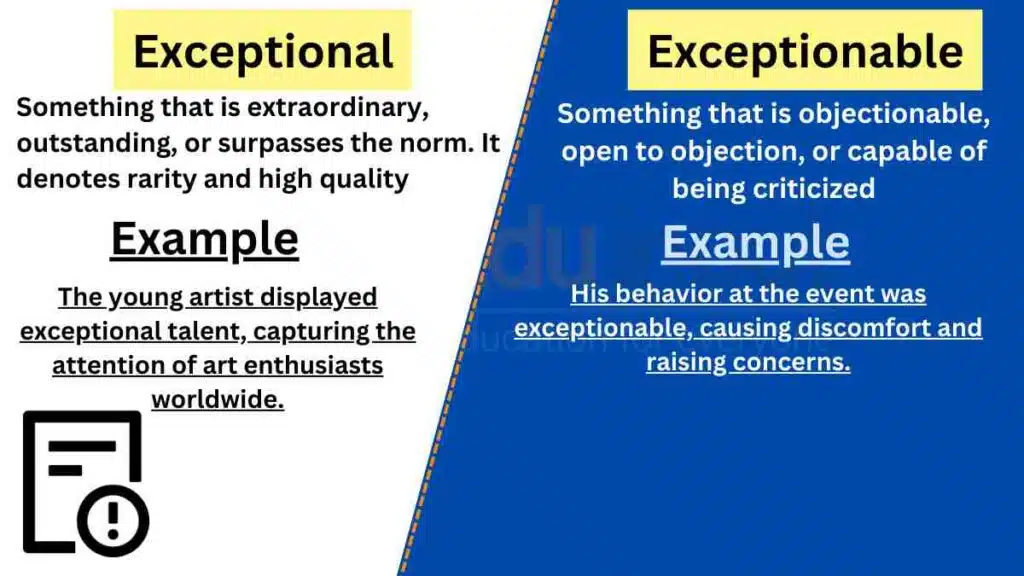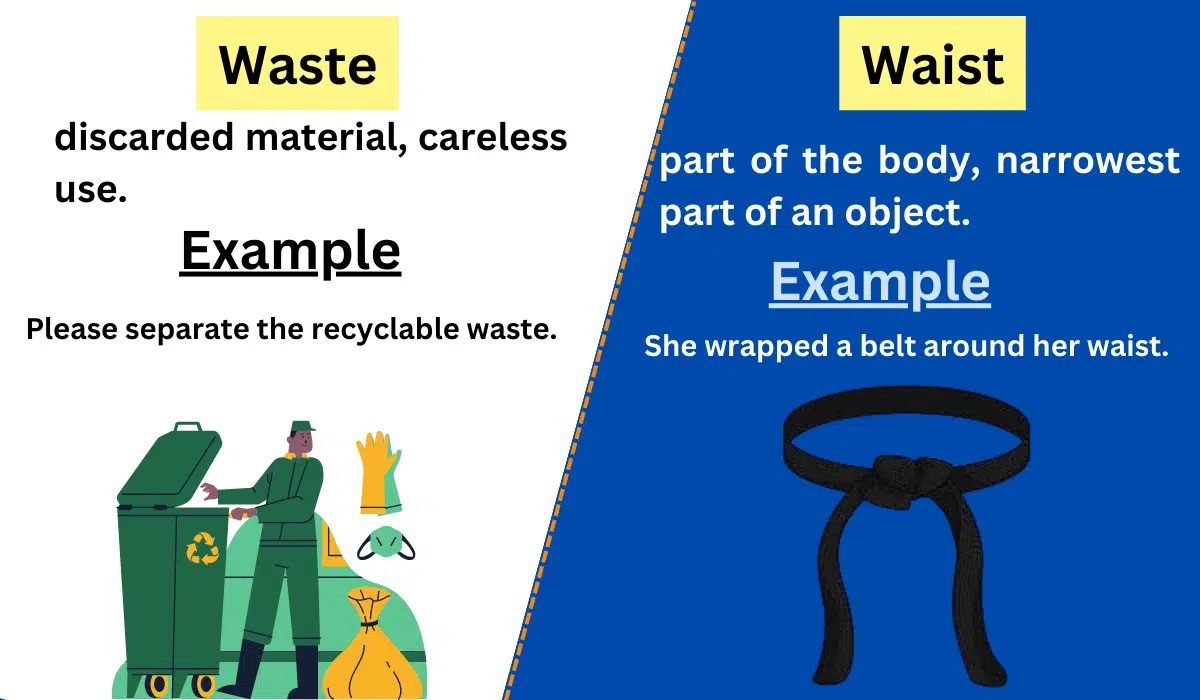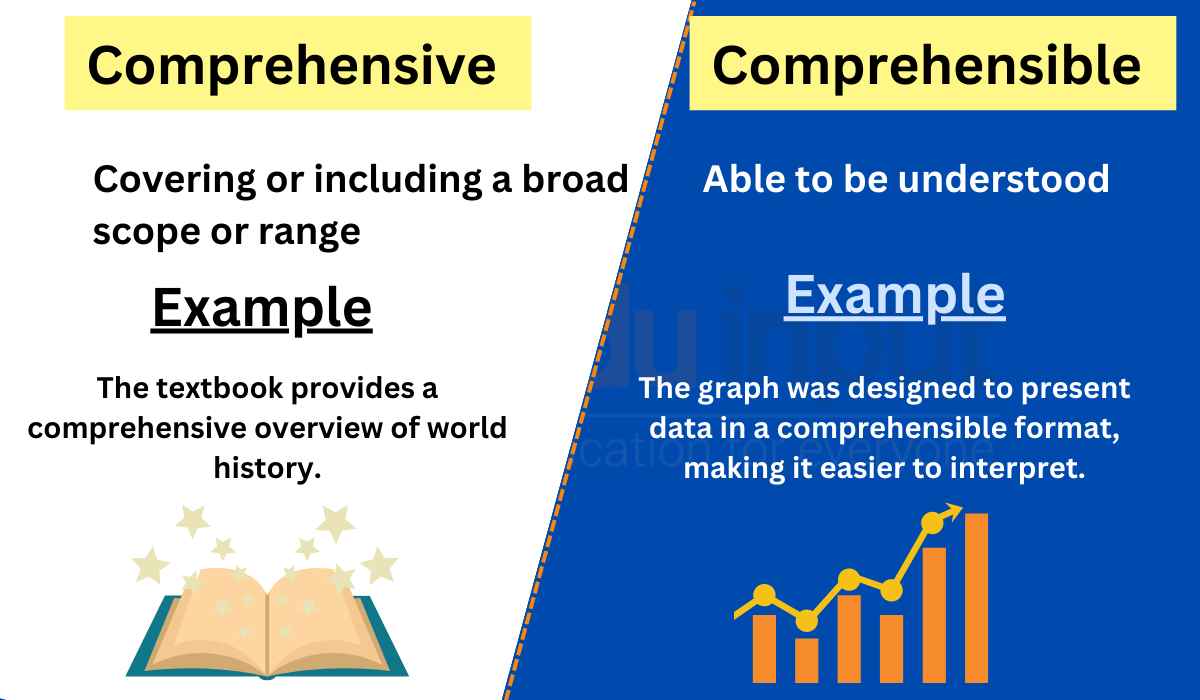Exceptional vs Exceptionable-Difference Between And Example
Don’t get confused between “exceptional” and “exceptionable.” These words may sound alike, but they have different meanings. Let’s break it down with clear definitions, examples, and a comparison. Understand the distinction and communicate better.

Meanings and Examples
Exceptional Meaning
Adjective: The meaning of Exceptional refers to something that is extraordinary, outstanding, or surpasses the norm. It denotes rarity and high quality.
Exceptional Examples
- The young artist displayed exceptional talent, capturing the attention of art enthusiasts worldwide.
- The team’s exceptional performance secured them a well-deserved victory.
- C) Her exceptional leadership skills made her the ideal candidate for the managerial position.
Exceptionable meaning
Adjective: The meaning of Exceptionable describes something that is objectionable, open to objection, or capable of being criticized. It suggests qualities or actions that may be deemed unacceptable.
Exceptionable Examples
- The comedian’s jokes were deemed exceptionable and caused controversy among the audience.
- The proposed policy changes were considered exceptionable by the opposition due to their potential negative impact.
- His behavior at the event was exceptionable, causing discomfort and raising concerns.
Difference Between Exceptional and Exceptionable
| Exceptional | Exceptionable | |
| Adjective | Extraordinary, outstanding, surpassing | Objectionable, open to objection |
| Example | Exceptional talent, exceptional performance | Exceptionable jokes, exceptionable behavior |
| Usage | Describing something of high quality or rarity | Referring to something objectionable or open to criticism |
| Grammar | Adjective | Adjective |
Usage in a Paragraph
To better understand the distinction between “exceptional” and “exceptionable,” let’s consider a scenario in an academic setting. The student’s outstanding academic achievements and consistent high grades earned her the label of “exceptional” among her peers. However, during a classroom debate, her controversial remarks on a sensitive topic were considered exceptionable, leading to a lively discussion among classmates. Here, “exceptional” highlights the student’s remarkable academic performance, emphasizing her excellence. On the other hand, “exceptionable” underscores the objectionable nature of her remarks, indicating that they were subject to criticism. In this example, both words are used to convey distinct aspects: “exceptional” highlighting her academic prowess, and “exceptionable” pointing out the controversial nature of her statements.
By distinguishing between “exceptional” and “exceptionable,” we can effectively express ourselves in the English language, avoiding confusion and misinterpretation. “Exceptional” describes something extraordinary or surpassing the norm, emphasizing rarity and high quality. On the other hand, “exceptionable” refers to something objectionable or open to criticism, indicating qualities or actions that may be deemed unacceptable. Understanding the nuances of these words enables us to communicate with clarity and precision, selecting the appropriate term to convey the intended meaning.







Leave a Reply